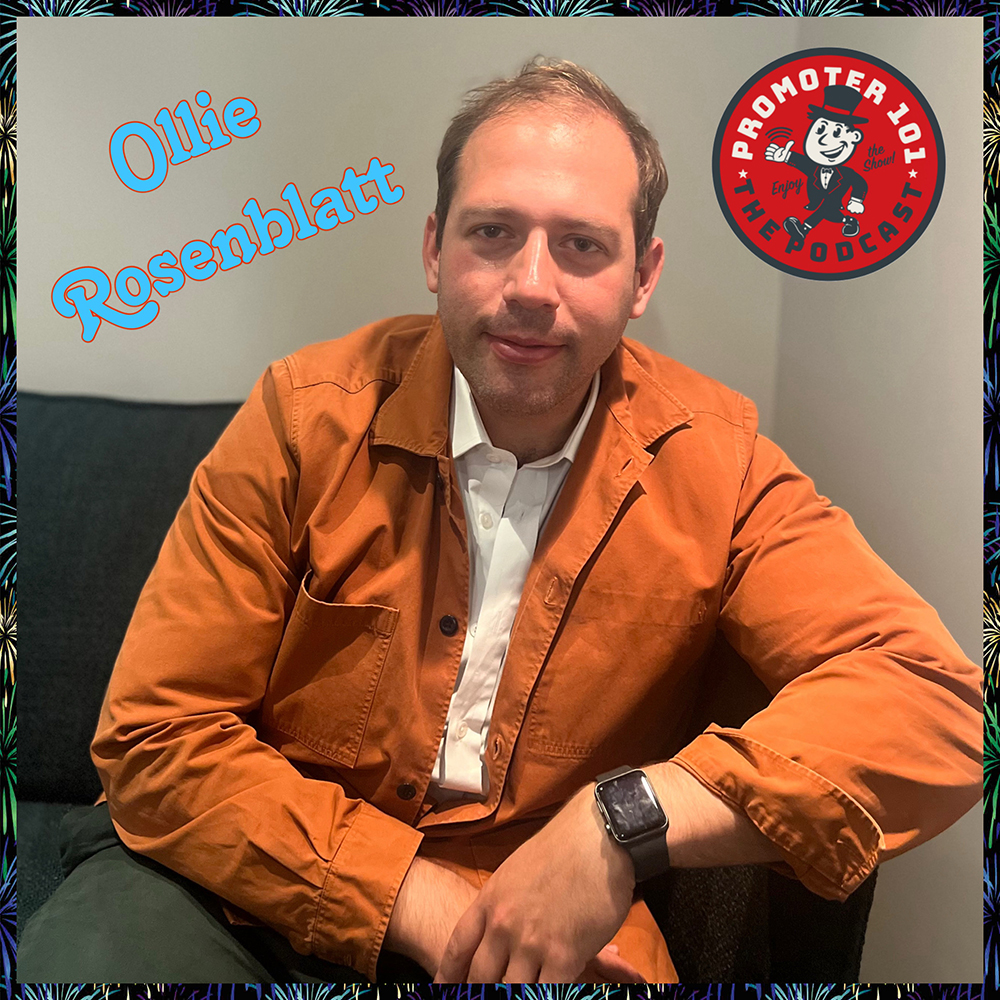
I need you to watch Malcolm Gladwell's TED talk "What We Can Learn From
Spaghetti Sauce". I'll post the link at the bottom. It's an almost
eighteen minute video. You won't understand where he's going until at least
half way through. But, as he reaches his climax, you'll identify with the
ultimate concept, that success comes not from trying to deliver one product
to satisfy all people, but delivering a skein of products, that satisfy a
great swath of the public.
If major labels had their druthers, they'd release only one album a year.
Which they'd labor over incessantly, and then market in every
available medium, beating you over the head until you purchased it.
As it is, their paradigm is not much different.
It started in the eighties, when MTV drew a line between winners and losers.
If you were on MTV, you sold a ton of product. If you were not on
MTV…major labels no longer had an interest in signing you, they weren't
satisfied with the low return.
It got worse in the nineties, with MTV airing even less music and radio
getting ever tighter. There were winners and losers. The middle ground
almost ceased to exist. Either you were pretty, singing songs written by
committee, polished into a product, or the major label couldn't sell you at
all.

Then came 2000 and the Napster era.
The major labels have stated that their decimation has come from theft.
That if only people paid for the music they acquired, their
business model would be hunky-dory. This is patently untrue.
Suddenly, with digital files, people could acquire a wide swath of material,
essentially for nothing. And it turned out that although there was a demand
for major label product, everything from Mariah Carey to Justin Timberlake
to Madonna, that demand was far from the entire spectrum of consumer
interest. It was just a slice. People wanted more.
Used to be you couldn't buy more. First and foremost, you didn't hear it.
Radio didn't play it. And you literally couldn't buy it, the big box didn't
stock it. The old model was based on scarcity. You buy what we anoint in
retail shops we authorize at a price we determine.
 But it turns out many people don't like Mariah Carey. Some like banjo
But it turns out many people don't like Mariah Carey. Some like banjo
music. Some like emo. There's an infinite variety of musical styles, and
an audience for each. Maybe the audience isn't large, but it exists.
How did the major labels deal with all this?
By cutting rosters and employees. Faced with a financial crisis, they
pulled back, when they should have been expanding!
The major label, to be a dominant force in the future, has to be all things
to all people. It has to release more product… Each album
will sell less, but you've got to fill the demands of everybody.
Instead, they're focusing on fewer acts, marketed by fewer workers.
And those making music outside this purview…want to stay outside!
Why sign with the major label? They're going to tell you what to record,
guide your career, and if you're not an instant success, you're going to end
up in limbo, your career is going to expire.
 So now, all those acts that don't fit the major label paradigm…they're
So now, all those acts that don't fit the major label paradigm…they're
going it alone, and they're happy about it!
They can establish their own Websites. They can get their product in the
iTunes Store. They can be in the retail landscape and be beholden to no
one. They can reach their audience and make money!
When you watch this Malcolm Gladwell speech, you'll find out that Prego
overtook Ragu by offering a multiple of options. Turns out the public
didn't want just a runny spaghetti sauce, but a spicy one, and most
especially, a chunky one. Didn't matter that the runny was the authentic
Italian version. That's about dictation from above. Like in the music
business. Major labels have priorities. But maybe, if the public was
exposed to something different, they'd like it! In enough quantity to make
money! For everybody who likes Mariah Carey, there are tons who are turned
off and hate her. This is the lesson of the twenty first century. Not that
if everybody paid for music Mariah would sell more, but that many people
don't want her music at any price, they want something different! He who
will rule in the future is he who services all these niches, who gives
people something different.
 To amass enough power to dominate the market, you must purvey a plethora of
To amass enough power to dominate the market, you must purvey a plethora of
acts, you must cover all desires. It's not about finding the one big hit,
but a bunch of singles and bunts. It's not about giving one person $500,000
to make a record, but enabling people to get their product into the
marketplace for almost nothing. Right now, these people are doing it by
themselves. These people are not wanted by the major labels. The majors'
"indie" operations are all about physical retail and flying up to the major.
Physical retail is dying and the downsides of being on the major
are…major. Artists want to be in business with people who are more
hands-off than hands-on. The exact opposite of today's paradigm, with Clive
and Jimmy making stars.
As Gladwell says, the search for universals is futile. Because they don't
exist. Turns out the public is segmented, horizontally, they want a lot of
different things. It's not about the lowest common denominator, but
servicing each and every one of these niches.
It's interesting to watch the major label movie, but the enterprises have
been so mismanaged as to be marginalized. If they're lucky, major labels
can be the equivalent of BMW in the future. Making highly polished,
exquisite merchandise for a limited market willing to
pay a high price for it. Whereas the true money is in being Toyota.
Purveying everything from the tiny Yaris to the Lexus LS600h. Hitting price
points from $10,000 to $100,000. Sure, the Camry is the best selling car in
America, but if that was all Toyota sold, the company would not be in good
shape. Unless maybe, it focused solely on this product and cut costs and
determined to be nothing more. Then there's GM… Paying lip service to
small cars but focusing on big trucks, because that's where the money was.
But then oil prices spiked and no one wanted the small GM cars, because GM
had not focused on them and made them great, Toyota made better tiny cars.

We're presently in a period of chaos. I believe an aggregator will appear
in the future, someone servicing artists at a low price to the creator, both
artistically and financially. Historically this has not been the major
label and no major label is trying to change this paradigm. No major is
giving more to the artist, the major wants to give less and take more, like
merch and touring revenue. The majors are heading towards marginalization,
they're an ever-decreasing sideshow, to focus on them was to watch IBM to
see where the personal computer revolution was headed, as opposed to
Microsoft and eventually Netscape and Google.
This is important.
And Gladwell's speech has implications for radio too. People don't always
know what they want, and they can't explain what they want, so your call-out
research is actually winnowing out listeners, those interested in a broader
spectrum of music.
But pay attention to the application to major labels. The majors get way
too much press. They are not the future, they are the past.
Video)


























































